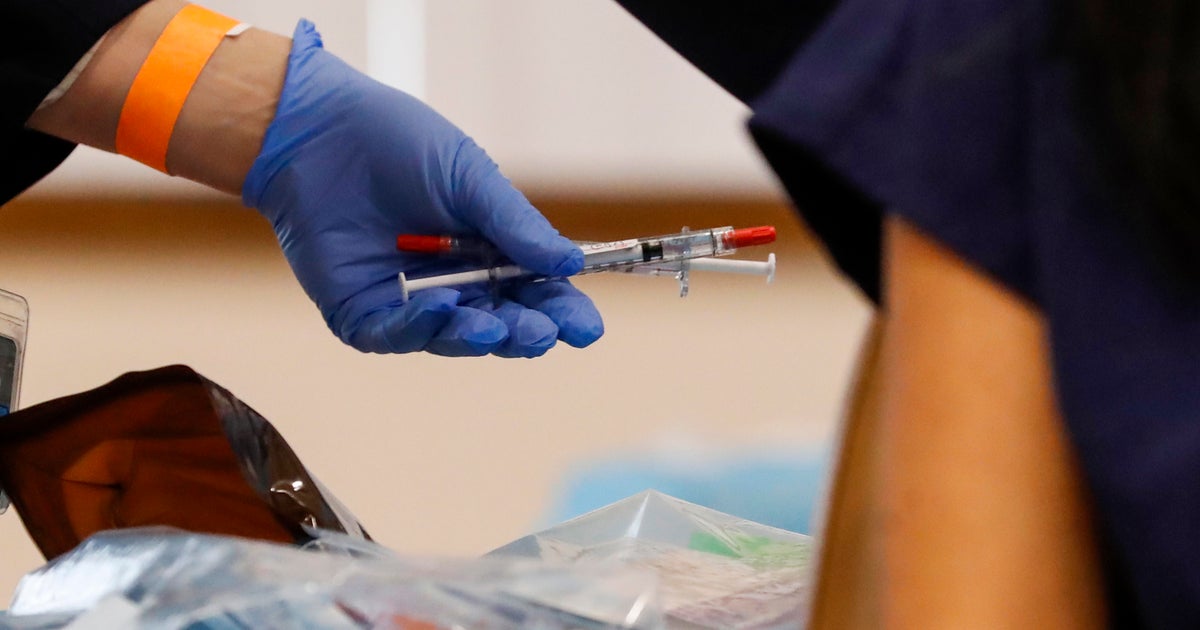The Silent Gender Gap: Why Men's Life Expectancy Keeps Falling Short

The Silent Health Crisis: Why Are Men Dying Younger?
In a stark and troubling trend, men are consistently dying approximately five years earlier than women—a gap that has been widening dramatically over recent decades. This isn't just a statistical anomaly; it's a profound public health challenge that demands our immediate attention and action.
The disparity isn't merely a number on a chart. It represents countless lives cut short, families left incomplete, and potential unrealized. So why aren't we treating this as the urgent crisis it truly is?
Multiple factors contribute to this concerning trend. Men are statistically less likely to seek preventive healthcare, more prone to risky behaviors, and often culturally conditioned to suppress emotional vulnerabilities. From workplace stress to reluctance in discussing mental health, men face unique challenges that systematically undermine their longevity.
Society has normalized this gender health gap, treating it as an inevitable fact rather than a solvable problem. We need comprehensive strategies: better health education, destigmatizing medical check-ups, and creating support systems that encourage men to prioritize their well-being.
It's time we recognize that men's health isn't just a personal issue—it's a societal imperative. Every year of life lost is a story unfinished, a potential unrealized. We can—and must—do better.








